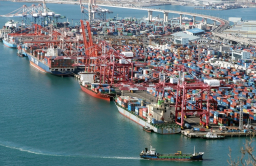-
KOSPI 2577.27 -2.21 -0.09%
-
KOSDAQ 722.52 -7.07 -0.97%
-
KOSPI200 341.49 +0.02 +0.01%
-
USD/KRW 1396 -2.00 0.14%
South Korean exporters jittery as China's slowdown raises red flag
Economy
South Korean exporters jittery as China's slowdown raises red flag
China’s property market crisis, coupled with its weak consumption and output, is keeping its trade partners on their toes
By
Aug 30, 2023 (Gmt+09:00)
3
Min read
News+
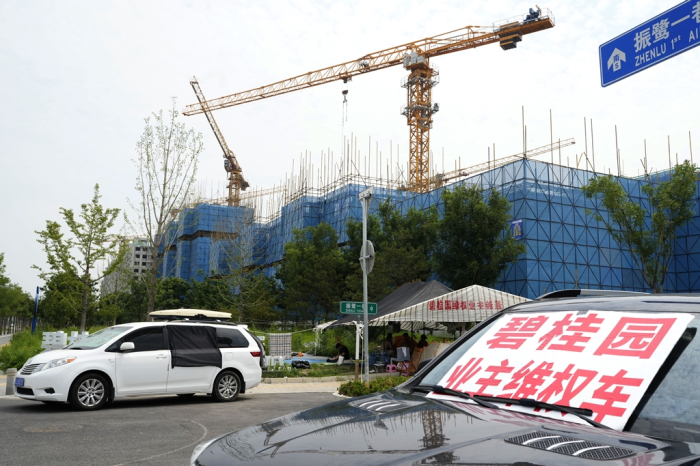
South Korea’s exporting companies are increasingly feeling the heat as its top export market China is sounding alarm bells over the world’s second-largest economy’s property market instability and weak domestic consumption.
According to a survey of 302 Korean companies by the Korea Chamber of Commerce and Industry (KCCI), a third of the respondents said they are already suffering from China’s economic slowdown, falling short of their annual sales targets set earlier this year.
Half of the polled companies said their earnings will be significantly lower if the current situation in China protracts.
Asked about factors that negatively affect their earnings, 42.7% of those Korean companies picked declining sales in consumer goods in the Chinese market as their top concern, followed by weak sales of intermediate goods such as parts (32.7%) and weaker-than-expected sales data from their Chinese operations (16.6%).
A third of the surveyed exporters responded that slowing consumption in China is on top of their list of concerns about the economic instability there.
Other worrisome developments include industrial production stagnation (26.7%), China’s protracted trade dispute with the US (20%) and the toughening of China’s trade customs clearance and rising trade barriers (19.6%).
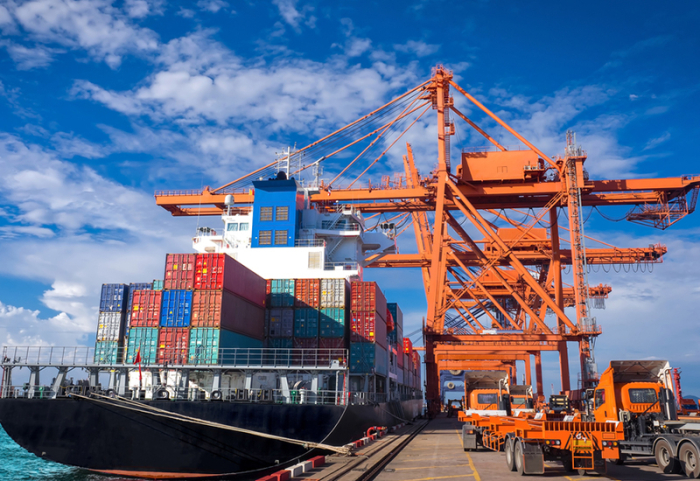
On their business performance year to date, 37.7% of the companies surveyed said they are below their targets. Those that said their performance is significantly low reached 14.7%.
Companies that have achieved their goals so far this year accounted for 45% while 2.3% said they have exceeded their targets and 0.3% said they have significantly exceeded their goals.
GLOOMY OUTLOOK
Eight of 10 respondents said they expect China’s economic outlook to continue to remain weak.
They cited weak industrial activity and continued consumption slump as the main reasons behind their gloomy outlook for the Chinese economy.
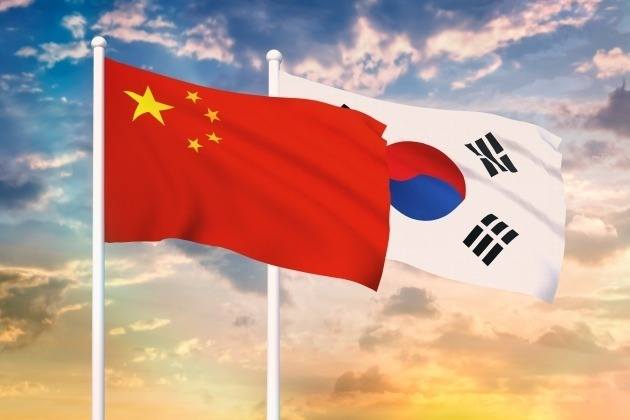
Asked about ways to respond to the worsening economic instability in China, 29.7% of those Korean companies said they would seek to diversify their sales markets away from China. Sightly more than six percent said they would withdraw from China if economic conditions there worsen.
Twenty percent of the respondents said they will strengthen their product competitiveness while 18.7 percent said they will diversify the products they sell in China.
“Korean companies need to achieve drastic technological innovation to gain a competitive edge in China if they don’t want to pull out entirely,” said Kim Hyun-soo, head of the KCCI’s economic policy team.
Policymakers around the world are bracing for a hit to their economies as China’s imports of everything from construction materials to electronics slide.
US President Joe Biden recently called China’s economic problems a “ticking time bomb.”
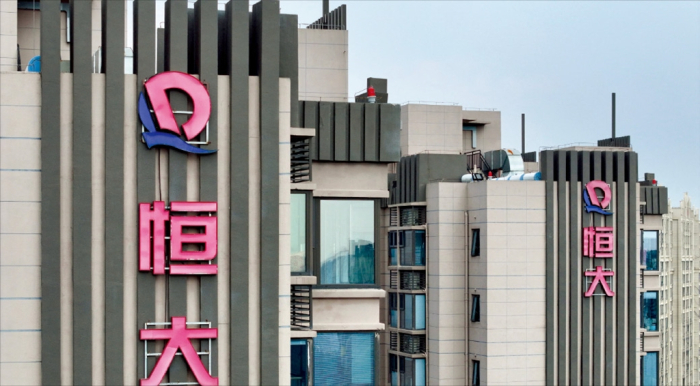
CHINA’S PROPERTY CRISIS
Once the country’s biggest creator of jobs, the real estate market is adding to the strain on China’s economy.
At the epicenter of the problem, analysts said, is Country Garden, a Chinese property development company facing a growing credit crunch.
Just a year ago, it was China’s biggest real estate firm by sales. But a drop in sales over the past six months has pushed it to the edge.
The company has skipped interest payments on bonds and if it fails to make those payments by early September, it may join a long list of private companies that have defaulted, industry watchers said.
The situation surrounding Country Garden is reminiscent of China Evergrande, the behemoth that defaulted on hundreds of billions of dollars of debt in 2021, they said.
Write to Jeong-Soo Hwang at hjs@hankyung.com
In-Soo Nam edited this article.
More To Read
-
 Korean stock marketKorean exodus from China funds amid deepening property crisis
Korean stock marketKorean exodus from China funds amid deepening property crisisAug 23, 2023 (Gmt+09:00)
-
Aug 23, 2023 (Gmt+09:00)
-
Aug 21, 2023 (Gmt+09:00)



